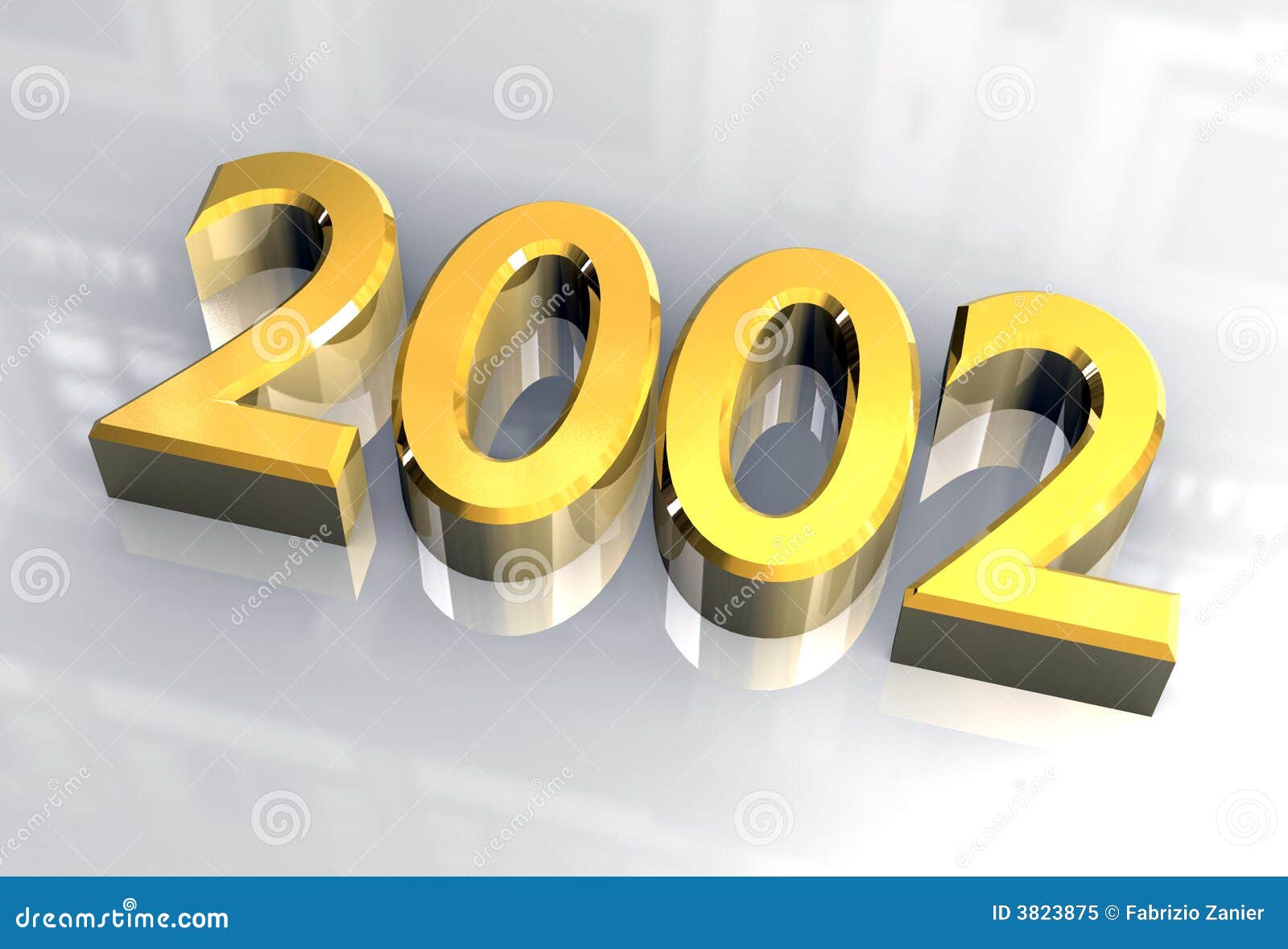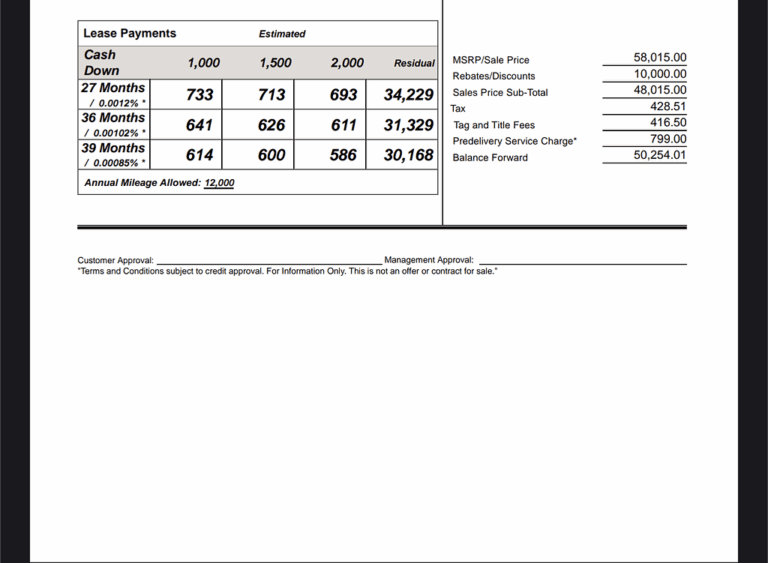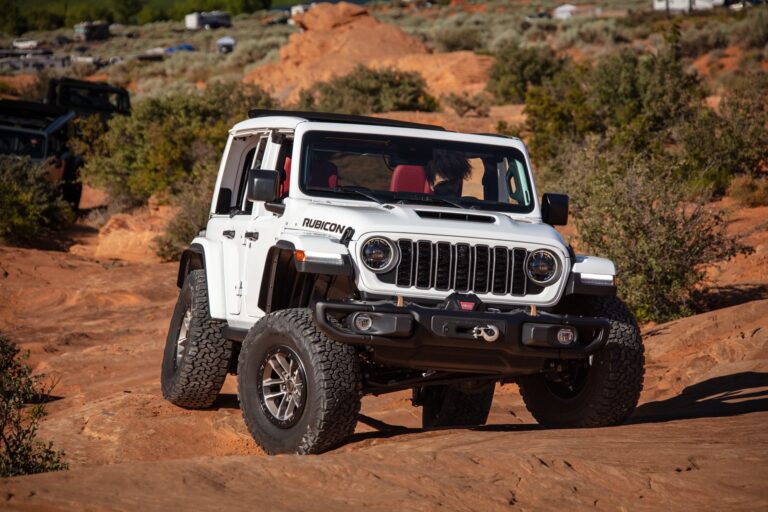2002 Jeep Liberty 3.7 Used Engine For Sale: A Comprehensive Buyer’s Guide
2002 Jeep Liberty 3.7 Used Engine For Sale: A Comprehensive Buyer’s Guide jeeps.truckstrend.com
For owners of the iconic 2002 Jeep Liberty, finding themselves with a failing engine can be a daunting and expensive prospect. While a brand-new engine might be out of budget for many, the market for used engines offers a compelling and cost-effective alternative. Specifically, the 2002 Jeep Liberty 3.7 used engine for sale represents a popular solution for extending the life of a beloved vehicle. This comprehensive guide will navigate you through everything you need to know about purchasing, evaluating, and installing a used 3.7L PowerTech engine for your 2002 Jeep Liberty.
2002 Jeep Liberty 3.7 Used Engine For Sale: A Comprehensive Buyer’s Guide
Understanding the 2002 Jeep Liberty 3.7L PowerTech Engine
The 2002 Jeep Liberty was primarily powered by the 3.7-liter V6 PowerTech engine, a workhorse designed to offer a balance of power and efficiency for the compact SUV segment. This Single Overhead Cam (SOHC) engine was rated at approximately 210 horsepower and 235 lb-ft of torque, providing ample capability for daily driving and light off-roading.
While generally robust, like any engine, the 3.7L PowerTech can develop common issues over time, leading owners to seek a replacement. These often include:
- Timing Chain Issues: Wear in the timing chain or tensioners can lead to noise, reduced performance, or even catastrophic failure if left unaddressed.
- Oil Sludge Buildup: Inadequate oil changes or using the wrong type of oil can lead to sludge, blocking oil passages and causing premature wear.
- Overheating: Radiator issues, faulty thermostats, or water pump failures can lead to overheating, potentially warping cylinder heads or cracking blocks.
- Head Gasket Failure: Overheating is a primary cause, leading to coolant leaks, misfires, and oil contamination.
- Valve Train Noise/Wear: Lifter or rocker arm issues can cause ticking noises and affect performance.

When faced with such significant problems, replacing the engine often proves more economical than attempting extensive repairs, especially on a vehicle of this vintage. A used engine provides a second life for your Jeep without breaking the bank.
Why Choose a Used 2002 Jeep Liberty 3.7L Engine?
Opting for a used engine over a new or rebuilt one comes with several compelling advantages, particularly for a vehicle like the 2002 Jeep Liberty:
- Cost-Effectiveness: This is by far the biggest draw. A used engine can be significantly cheaper than a new crate engine or even a professionally rebuilt one, making it an economically viable option for extending your vehicle’s lifespan.
- Availability: Due to the popularity of the Jeep Liberty, there’s a relatively steady supply of used 3.7L engines from salvage vehicles, making them easier to source than some more obscure engine types.
- Environmental Benefits: Purchasing a used engine contributes to recycling automotive parts, reducing waste, and minimizing the environmental impact of manufacturing new components.
- Quick Turnaround: In many cases, a used engine can be sourced and delivered faster than waiting for a new engine to be manufactured or a current one to be rebuilt.
However, it’s crucial to acknowledge the potential downsides, such as the unknown history of the engine, which necessitates careful vetting before purchase.
Where to Find a Used 2002 Jeep Liberty 3.7L Engine For Sale
The market for used auto parts is vast. Here are the primary channels to explore when searching for a 2002 Jeep Liberty 3.7L engine:
- Automotive Salvage Yards / Auto Recyclers: These are often the first stop. They dismantle wrecked vehicles and sell usable parts. Many reputable yards test engines before sale and offer limited warranties. You can often find them locally or through national networks.
- Online Marketplaces:
- Dedicated Used Parts Websites: Sites like LKQ Online, Car-Part.com, AutoPartsLocator.com, and specialized engine suppliers (e.g., ASAP Used Auto Parts, Buy Used Engines) aggregate inventory from various salvage yards and suppliers across the country.
- General Classifieds/Auction Sites: eBay Motors, Craigslist, and Facebook Marketplace can also list engines from individuals or smaller operations, though these require extra caution due to varying seller credibility.
- Specialized Engine Suppliers: Some businesses focus solely on selling used and rebuilt engines. They often have better testing procedures, more comprehensive warranties, and expertise in shipping.
- Local Mechanics/Garages: Your trusted mechanic might have connections with suppliers or even have a source for good used engines. They can also assist with the inspection and installation.
Key Considerations Before Purchasing
Buying a used engine requires due diligence. Here’s what you need to consider to make an informed decision:
- Mileage: While lower mileage is generally preferred, it’s not the only factor. An engine with 100,000 miles that was well-maintained might be in better shape than one with 70,000 miles that was neglected. Request proof of mileage if possible (e.g., from the donor vehicle’s odometer reading before dismantling).
- Warranty: This is paramount. Most reputable sellers offer a warranty, typically ranging from 30 days to a year. Understand what the warranty covers (e.g., block, heads, internal components) and what it excludes (e.g., external accessories, labor). A longer, more comprehensive warranty indicates greater seller confidence.
- Seller Reputation: Buy from established businesses with positive reviews. Check their Better Business Bureau (BBB) rating and online testimonials. Avoid sellers with a history of complaints regarding faulty parts or poor customer service.
- Engine Condition:
- Visual Inspection: Look for signs of leaks (oil, coolant), cracks in the block or heads, bent or broken accessories, and excessive rust.
- Compression Test Results: If the engine is still in the donor vehicle or was tested before removal, ask for compression test results. Consistent compression across all cylinders is a strong indicator of internal health.
- Oil Pan Inspection: If possible, remove the oil pan to check for excessive sludge or metal shavings, which indicate severe internal wear.
- Oil and Coolant Appearance: Check for milky oil (coolant in oil) or oily coolant (oil in coolant), signs of a blown head gasket.
- VIN and Donor Vehicle Information: Request the VIN of the donor vehicle. This allows you to verify the vehicle’s history (e.g., accident history) and ensure the engine is indeed from a 2002 Jeep Liberty 3.7L.
- What’s Included? (Complete vs. Long Block vs. Bare Block):
- Complete Engine: Includes everything – intake manifold, exhaust manifolds, throttle body, fuel injectors, sometimes even wiring harness and accessories (alternator, power steering pump, A/C compressor). This is usually the most expensive but easiest to swap.
- Long Block: Includes the cylinder block, crankshaft, connecting rods, pistons, cylinder heads (with valves, camshafts, etc.), and timing components. External accessories and manifolds are typically not included. This is a common choice.
- Bare Block: Just the engine block with pistons and crankshaft. Requires extensive reassembly. Rarely an option for used engine swaps.
- Clarify exactly what you are purchasing to avoid surprises.
- Shipping Costs and Logistics: For online purchases, factor in shipping costs, which can be substantial for an engine. Ensure the seller can arrange secure, insured shipping to your location or your mechanic’s shop.
The Buying Process: A Step-by-Step Guide
- Define Your Needs: Determine if you need a complete engine, a long block, or if you plan to transfer specific components from your old engine.
- Research Sellers: Use the resources mentioned above to find reputable sellers with available 2002 Jeep Liberty 3.7L engines.
- Ask Detailed Questions: Don’t hesitate to inquire about mileage, warranty terms, donor vehicle information (VIN, accident history), what accessories are included, and any known issues. Request photos or videos if purchasing remotely.
- Obtain Documentation: Ensure you receive a bill of sale, warranty terms in writing, and any available documentation about the engine’s history.
- Arrange for Inspection (If Possible): If buying locally, try to inspect the engine in person. If not, rely on the seller’s reputation and warranty.
- Negotiate Price: While prices are often set, there might be room for negotiation, especially if you’re paying cash or bundling other parts.
- Understand Return Policy: Know the conditions for returns or exchanges if the engine turns out to be faulty upon arrival or installation.
- Plan for Installation: Decide whether you’ll install it yourself (if you have the expertise and tools) or hire a professional mechanic. Factor in labor costs.
Installation and Post-Purchase Tips
Once you’ve acquired your used 2002 Jeep Liberty 3.7L engine, proper installation and preparation are key to its longevity:
- Professional Installation Recommended: Unless you are an experienced mechanic with specialized tools, it’s highly advisable to have a professional install the engine. This ensures correct procedures, proper torque settings, and integration with your vehicle’s systems.
- Replace Essential Wear Items: Even if the engine looks good, it’s prudent to replace certain components before installation:
- Water pump and thermostat
- Spark plugs
- Belts and hoses
- Engine seals (crankshaft, camshaft, oil pan gasket, valve cover gaskets)
- Oil filter and air filter
- PCV valve
- Any worn sensors (e.g., oxygen sensors, crankshaft position sensor)
- Flush All Fluids: Ensure all fluids (engine oil, coolant, power steering fluid) are fresh and at the correct levels. Use the manufacturer-recommended specifications.
- Inspect and Clean: Thoroughly clean the engine bay before installation. Inspect all electrical connectors and vacuum lines on the "new" engine.
- Break-in Procedures: Follow any break-in recommendations provided by the seller or general guidelines for used engines (e.g., avoiding hard acceleration for the first few hundred miles, regular oil changes).
- Regular Maintenance: Once installed, treat the used engine like a new one. Adhere to the manufacturer’s recommended maintenance schedule, especially for oil changes, to maximize its lifespan.
Potential Challenges and Solutions
While a used engine can be a great solution, be prepared for potential hurdles:
- Engine Doesn’t Work or is Faulty Upon Arrival:
- Solution: Immediately contact the seller and initiate a warranty claim. Document everything (photos, videos, mechanic’s report).
- Hidden Damage Not Visible During Inspection:
- Solution: This is where a good warranty is invaluable. Always perform initial checks (compression, fluid integrity) before full installation.
- Shipping Damage:
- Solution: Inspect the engine thoroughly upon delivery before signing off. If there’s visible damage, refuse delivery or note it extensively on the shipping manifest and take photos.
- Compatibility Issues:
- Solution: Double-check part numbers, VIN, and engine codes to ensure it’s the exact match for your 2002 Jeep Liberty 3.7L. Consult your mechanic or a Jeep dealership if unsure.
2002 Jeep Liberty 3.7 Used Engine Price Table (Estimated)
Please note: These prices are estimates and can vary significantly based on engine mileage, condition, included accessories, seller’s warranty, and market demand. Always get a specific quote from a seller.
| Engine Type | Estimated Price Range (USD) | Typical Mileage Range | Typical Warranty | Notes |
|---|---|---|---|---|
| Long Block | $900 – $1,800 | 80,000 – 150,000 | 30-90 Days | Core engine (block, heads, internals). Accessories need to be swapped. |
| Complete Engine | $1,500 – $2,500 | 80,000 – 130,000 | 60-180 Days | Includes intake, exhaust, often some accessories. Easiest for swap. |
| Low Mileage Premium | $2,000 – $3,500+ | Under 75,000 | 90 Days – 1 Year | Higher price for exceptionally low mileage and documented history. |
Disclaimer: These are general estimates for a 2002 Jeep Liberty 3.7L used engine. Actual prices will depend on the specific seller, engine condition, and market fluctuations.
Frequently Asked Questions (FAQ)
Q: How much does a used 2002 Jeep Liberty 3.7 engine cost?
A: Prices typically range from $900 for a higher-mileage long block to $2,500+ for a lower-mileage complete engine with a good warranty. Refer to the price table above for estimates, but always get specific quotes.
Q: What mileage is acceptable for a used engine?
A: Ideally, look for engines under 120,000-150,000 miles. However, maintenance history is more crucial than mileage alone. An engine with 150,000 well-maintained miles could be better than one with 80,000 neglected miles.
Q: Do used engines come with a warranty?
A: Reputable sellers almost always offer a warranty, usually ranging from 30 days to a year. Always confirm the warranty terms, what it covers, and the return policy before purchasing.
Q: What’s the difference between a long block and a complete engine?
A: A "long block" includes the engine block, crankshaft, pistons, connecting rods, and cylinder heads with internal components. A "complete engine" typically includes the long block plus external accessories like the intake manifold, exhaust manifolds, throttle body, and sometimes even the alternator, power steering pump, etc. Complete engines are generally more expensive but easier to install.
Q: Can I install the used engine myself?
A: Engine replacement is a complex job requiring specialized tools, significant mechanical knowledge, and often a lift. While possible for experienced DIYers, it’s highly recommended to have a professional mechanic perform the installation to ensure proper function and avoid costly mistakes.
Q: What should I replace when installing a used engine?
A: It’s wise to replace common wear items such as the water pump, thermostat, spark plugs, belts, hoses, and all fluids (oil, coolant). Consider replacing critical gaskets (oil pan, valve cover) and seals (front/rear main seals) while the engine is out.
Q: How do I know if the engine is compatible with my vehicle?
A: For a 2002 Jeep Liberty 3.7L, compatibility is generally straightforward as the engine was standard. However, always verify the engine code (if available) and ensure it’s from a compatible year/model. Providing your vehicle’s VIN to the seller can help them confirm compatibility.
Conclusion
Purchasing a 2002 Jeep Liberty 3.7 used engine for sale can be an excellent decision, offering a cost-effective path to revive your vehicle and extend its useful life. By understanding the engine’s characteristics, knowing where to source parts, diligently considering key factors like mileage and warranty, and following a structured buying process, you can significantly mitigate the risks involved. While challenges may arise, proper preparation and partnering with reputable sellers and mechanics will ensure your Jeep Liberty gets back on the road, ready for many more adventures. With careful research and a bit of patience, you can successfully navigate the used engine market and give your beloved Jeep a new lease on life.





